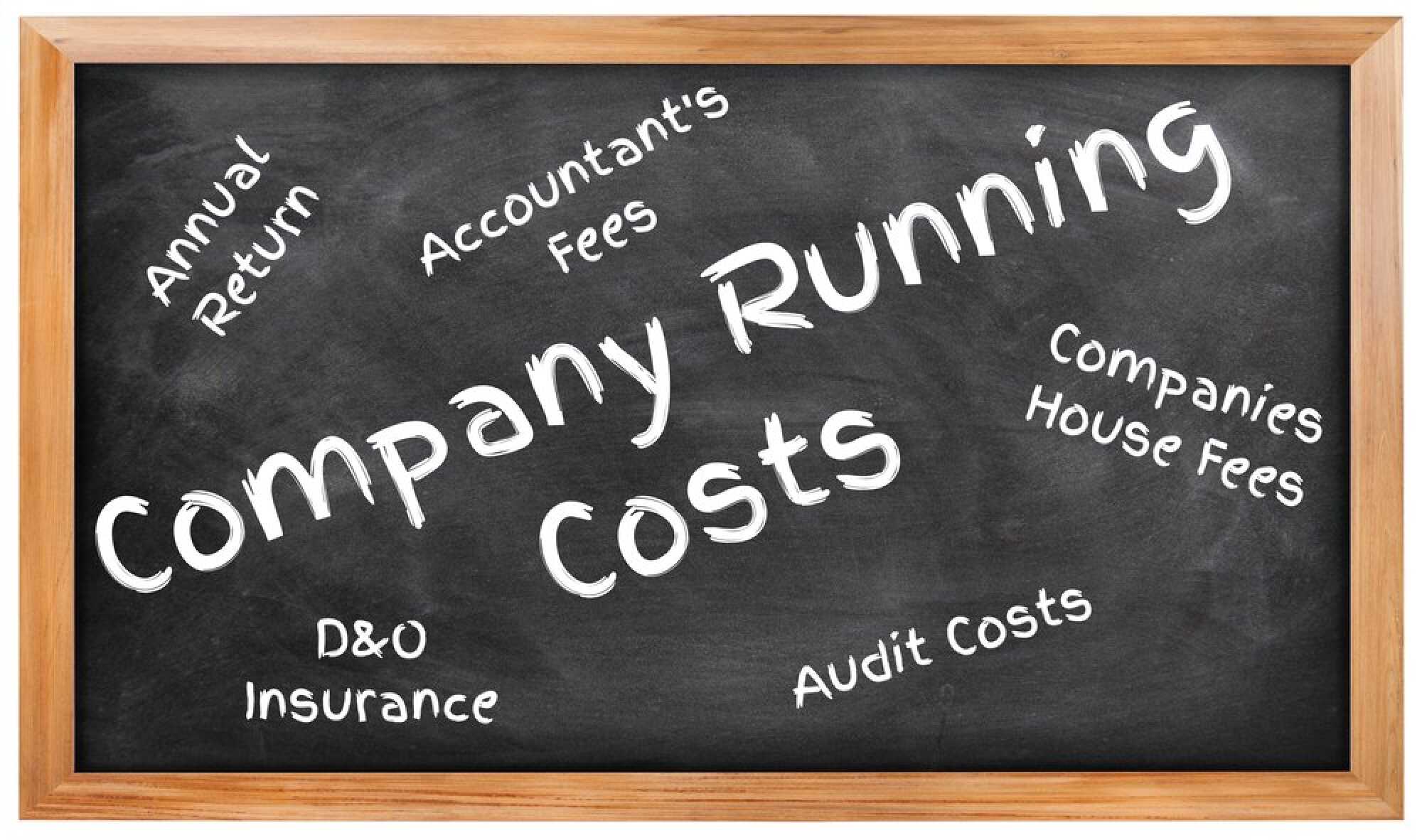Can the costs of running the Company be paid through the service charge?
7th April 2022
Get in touch today
Call 01435 897297
Email info@kdllaw.com
7th April 2022

This is a really common event and question and, fortuitously, a question that came before the Upper Tribunal recently.
We reported at the end of March on the recent appeal decision in the Upper Tribunal case of Collingwood v Carillon House Eastbourne Ltd [2021] UKUT 246 (LC). The case decided two points. The first related to a s.20 consultation point that we reported on here and the second, the subject of this Legal Update, the question posed above.
The short answer to the question, you will not be surprised to hear, is that it all depends on the content of the specific leases at the development. Given that many leases are similar on this point, the following is worth considering and comparing with those leases in your building(s) as it may be that you plainly are or are not entitled to recover the costs in the manner that you may presently be doing.
Background
The Appellants were three leaseholders who each held 125 year leases of flats within a large house converted into seven residential flats. The Respondent was the Landlord and the freehold owner of the building. The shareholders of the Respondent landlord company were the leaseholders of the four other flats (the neighbours of the three Appellants). The Appellants were not shareholders in the landlord company. All leases at the building are in similar or identical terms.
The Landlord had historically paid, as a service charge expense, the costs of the accounting for the company’s accounts and the fees payable to Companies House in respect of the same (as occurs in many cases). In question in this case were the sums of £180 paid in 2018 and £340 paid in such fees in 2019. The Appellants sought a determination under s.19 LTA 1985 as to whether those costs were payable or reasonable under the lease provisions in relation to service charges.
The lease contained Clauses 6 and 7 to the Fourth Schedule which required the tenants to pay the following costs:-
Clause 6
All other proper expenses (if any) incurred by the Lessor in an about the maintenance and proper and convenient management and running of the property
Clause 7
The fees and disbursements paid to any Managing Agent Accountants and Auditors appointed by the Lessor in respect of the property
Take note of the wording of these clauses as it is likely that they are very similar to covenants contained in most leases.
The Landlord claimed that Clause 7 allowed the cost of the running of the company to be paid from the service charge because the charges listed there included the costs of the Accountant and so that encompassed the Accountant’s fees in preparation of the company’s annual return and accounts (as distinct from the service charge accounts). The Landlord also raised that because the freehold of this property was its only asset, the Landlord was entitled to further rely upon the clause. However, the Landlord did concede that had it been the owner of various properties this assertion would not have applied. No explanation is provided in the determination for this odd and, we say, wholly nonsense distinction.
The UT was predictably not convinced by either of these arguments, holding that the wording of Clauses 6 and 7 related to costs incurred in the management of the property and not the Landlord company.
The company’s expenses of £180 and £340 were therefore not a lawful service charge expense.
Conclusion
We see this very scenario a lot and it is one to be wary of.
There are two types of lease in question here.
Those, such as the above, that simply do not anticipate and thus do not provide for circumstances where the landlord company is acquired by the leaseholders (or some of them as is the case here). Those leases simply do not enable the necessary costs of running the Landlord company to be covered other than from the company’s own funds - not the service charge. In those cases (which are the majority) the company must arrange for collection of funds other than through the service charge. This might be possible perhaps through collection of the rent (if any) due under the leases and which is income of the company, or by shareholder contributions.
Those that have foreseen the need for company expenses and expressly allow for the same as a service charge cost. These are invariably more modern leases.
Do not assume, whether or not all of the leaseholders are all members of the company and that they have a common goal in the running of the company and the block, that the costs of running the company can simply be put through the service charge. The lease must expressly provide for this to occur and, if it does not, it is an unlawful use of service charge contributions.
Should you have any queries in relation to the above or require our assistance on any other matter then do please contact us.
Disclaimer
This legal update is provided free of charge for information purposes only; it does not constitute legal advice and should not be relied on as such. No responsibility for the accuracy and/or correctness of the information and commentary set out in the article, or for any consequences of relying on it, is assumed or accepted by any member of KDL Law or by KDL Law as a whole.
If you have received this update in error or wish to unsubscribe from future updates then please email us at info@kdllaw.com.
Sign up to receive FREE regular Legal Updates by email